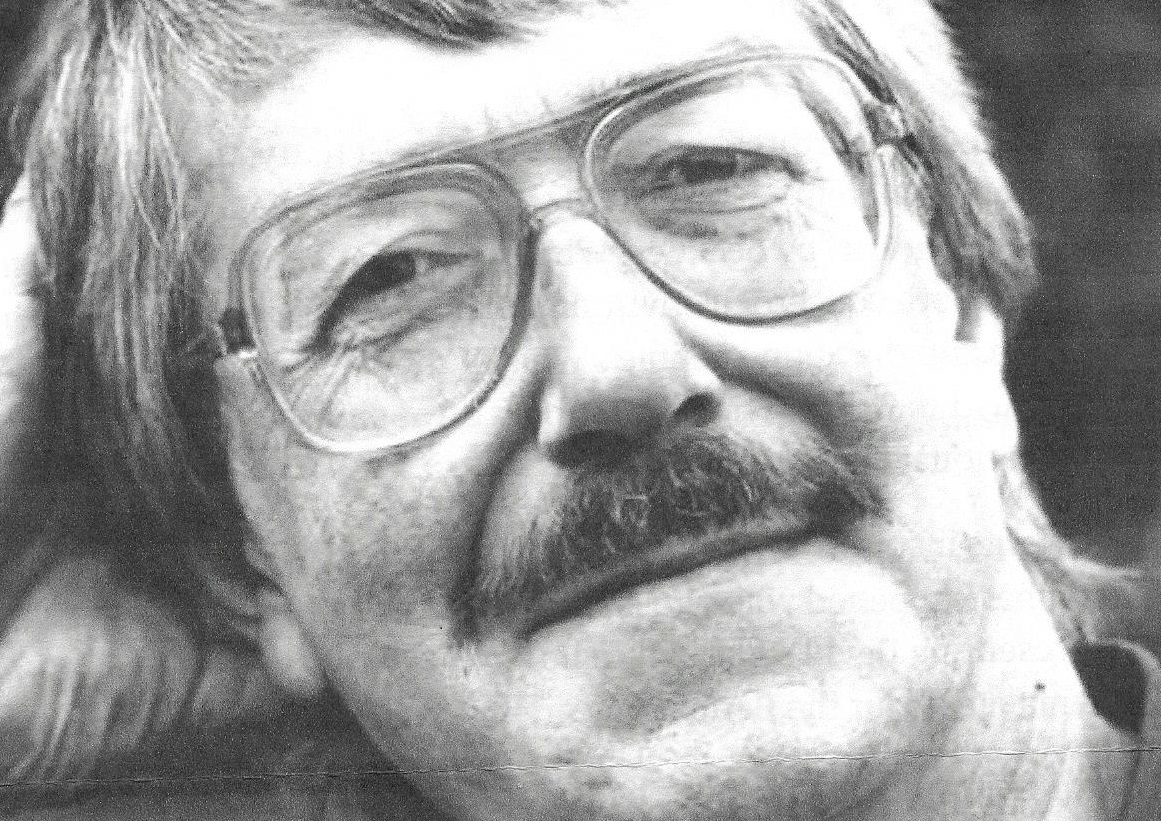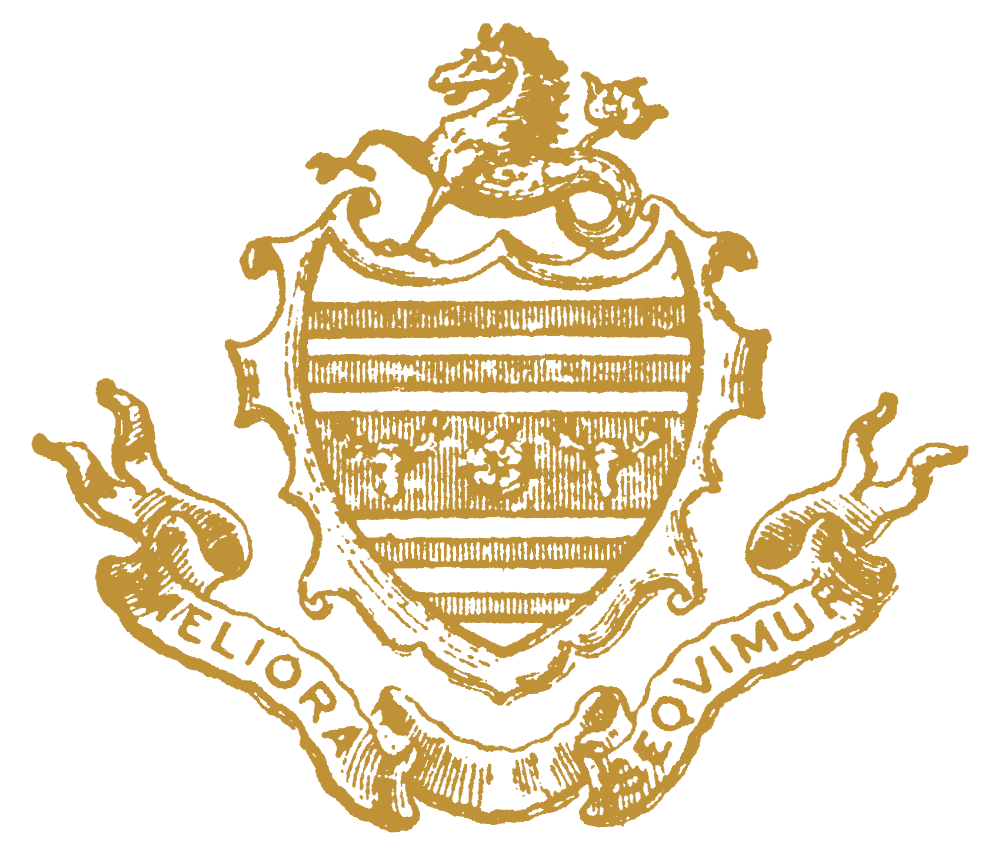
School: 1953-60
Lived: 4th March 1942 - 25th April 2021
David was born into a working-class family in North London in 1942. The family moved to Eastbourne, and he attended the Grammar School – as did his younger brother Keith – from 1953-1960. At the School David (known to Bob Mallen and Jock Galloway as Ned) made his mark in various ways: in his final year he was a Prefect and House Captain of Cavendish; through his sporting achievements – winning Colours for Rugby, Football and Athletics (as Sussex Schools champion for hammer-throwing he represented Sussex in the National Schools Championships); and on stage – the reviewer of the School’s December 1959 production of G B Shaw’s St Joan noting that “the broad humour of D.Holman as an English soldier almost stole the show.” Dave still found sufficient time to succeed in his A-Levels and become one of the first students at the newly-established University of Sussex, graduating in 1963 in American Studies.
Following teaching in Canada and further studies at Ontario University and the London Film School David joined the “Theatre in Education” team at the Coventry Belgrade Theatre. Margot Leicester, a celebrated actress and long-time friend reported seeing his play “Song in a Strange Land” performed in front of a class of 12-year-olds and demonstrating his understanding of the emotional and political maturity of young people.
David’s writing successes in Coventry led to work in Bolton, at the M6 Theatre Company in Rochdale and in London, where he was extensively commissioned by the Stratford East Theatre and by Theatre Centre, a company which toured new plays for young audiences. In 1974 he wrote the heart-breaking play “Drink the Mercury”, inspired by mercury pollution in the sea at Minamata, Japan; he anticipated climate change issues by decades. The other plays in the trilogy, “Whale” and “Solomon and His Big Cat” both concerned environmental and social justice issues.
By the late 1970s and 1980s the advent of the Conservative government under Margaret Thatcher was both a challenge and an inspiration for David. The Theatre Centre made great strides in multi-racial casting and had created a women’s company; many of its productions included work by Holman that challenged the prevailing political ideologies.
An exchange between the Theatre Centre and the Theatre Company of South Australia took David to Australia. He worked there through the 1980s and his plays entered the National Curriculum. Few playwrights inspire the formation of theatre companies solely to perform their work but that is what happened with the Children’s Theatre Rakitei which has been presenting David’s plays from its base in Tokyo since 2009.
David’s scripts powerfully and sensitively engaged with contemporary anxieties and dynamics. His 1983 “Susumu’s Story”, the first of a trilogy of Peace Plays, showed his talent for engaging with young people’s imagination and emotions by involving them in experiences of man-made disasters – in this case a story about Japanese children on the eve of the atom bomb attacks in 1945. “Peacemaker” – the second in the trilogy – was, in David’s estimation, his most successful play; the third, was set in an anti-nuclear camp where cruise missiles were based. The Peace Plays were attacked by Norman Tebbitt, a Government Minister at the time: this was taken by David and the Company as a badge of honour.
In all, David had written eighteen plays for the Theatre Company when he met Malcolm Moore, an Australian children’s theatre director; Australia became his focus and a golden period opened up for him. His play “No Worries” established him as a major figure – the script was included in the Australian National Curriculum, and he received commissions from other theatre companies. David had a stroke of luck in that the cast of “No Worries” included an emerging young actor, Geoffrey Rush – later an Oscar winner; in 1989 the latter worked with David on a version of his play “Diary of a Mad Man”. Rush, a Director of the Magpie Theatre with David, suggested a play with the theme of first day at school for the Adelaide Festival of 1986; this resulted another highly acclaimed piece, “The Small Poppies”, reflecting the experience of young immigrant children starting school.
David’s total output was more than sixty scripts, largely aimed at audiences from 6 to 18, together with numerous children’s books. The message was always essentially the same – use the power of your imagination to connect with those who you may never meet but with whom you share a common humanity. David’s enormous achievements made him an international playwright with very English roots; he would have been much better known if he had written for adult audiences.
In 2000 David and his long-time partner Deborah Paige relocated to Swanage, Dorset, where he was an active supporter of many local community activities and charities. He was diagnosed in early 2021 as terminally ill and sadly passed away some three months later, survived by Deborah and his brother Keith.
(Provided by Brian York based on obituaries which appeared in The Purbeck Gazette and The Sydney Morning Herald)


